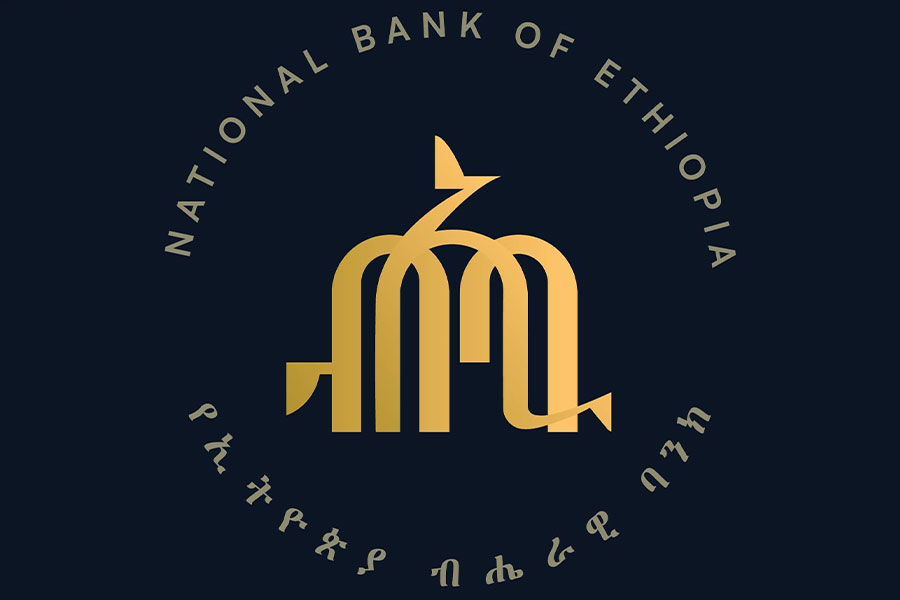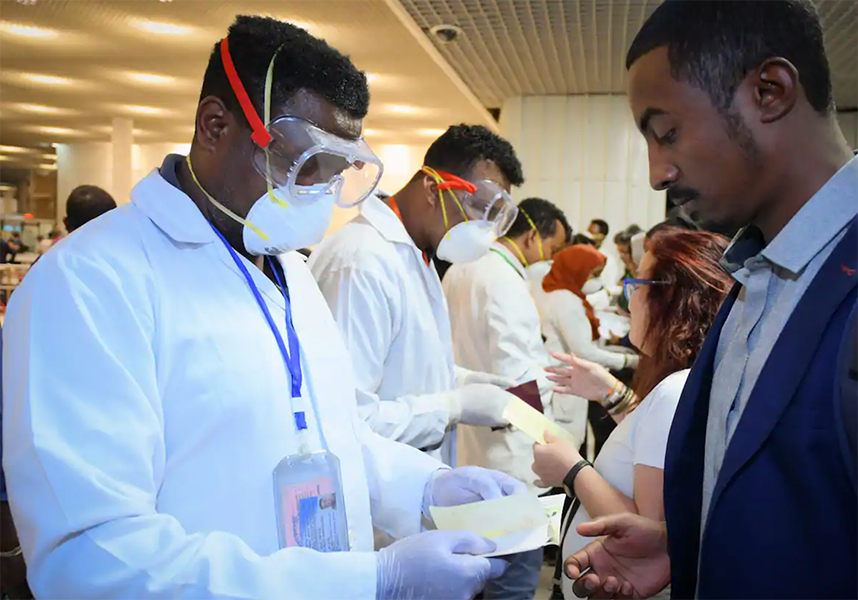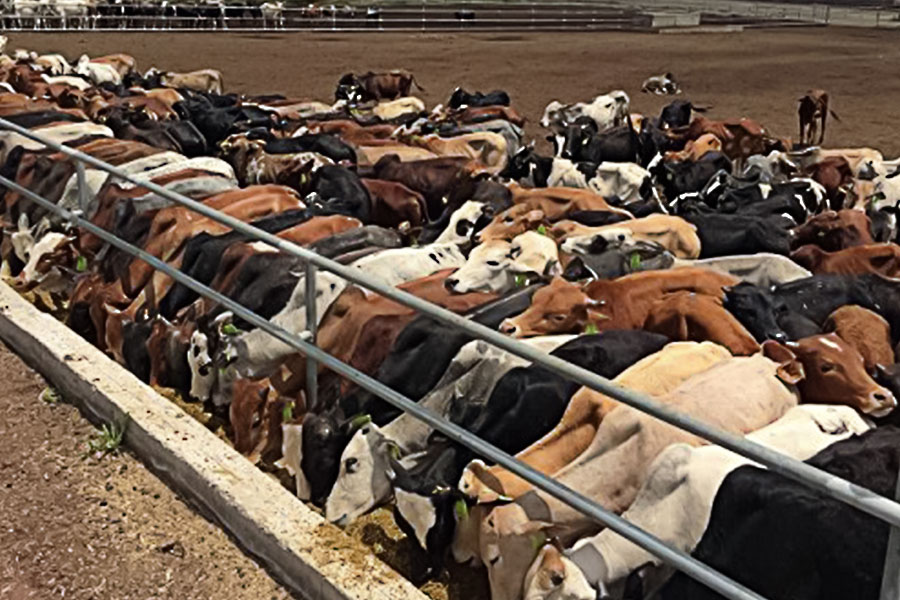
A Chinese firm secured a deal to construct the nation's longest bridge that will connect Bahir Dar with Gonder for 1.4 billion Br.
China Communication Construction Company (CCCC) was awarded the design and build project that spans 380m across the Abay River. CCCC secured the project by placing an offer, which was 15.3pc higher than the engineers' estimate.
The bridge, which will have a 21.5m width and the capacity to accommodate a three-lane carriageway, a bicycle path and a walkway, is expected to be completed in three years. The government of Ethiopia will be covering the entire cost of the project.
Upon completion, the project will replace the existing old bridge, according to an official at the Ethiopian Roads Authority, which has a budget of 39 billion Br in the current fiscal year, of which a third is expected to be covered by loans, while the rest will come from the national treasury.
Bahir Dar Abay Bridge will be the longest bridge in Ethiopia once completed, taking over that claim from the 319m Bashilo River Bridge that opened for traffic in October 2006.
The Bahir Dar Abay River Bridge will replace the current 60-year-old bridge that has deteriorated and aged. Two years ago the Authority hired CCCC to maintain the old bridge at a cost of 23 million Br.
Bahir Dar Abay Bridge will be the longest bridge in Ethiopia once completed, taking over that claim from the 319m Bashilo River Bridge that opened for traffic in October 2006. The 305m bridge over the Baro River in Gambella Regional State and the 303m Abay Bridge were the second and the third longest bridges in the country.
CCCC, a company that is behind many major mega projects in the country, including the construction of Kombolcha Industrial Park, the nation's first, Addis-Adama Expressway, Africa Avenue (Bole Road), Measo-to-Djibouti railway and the expansion of the Addis Abeba Bole International Airport, secured the project after vying against three other Chinese firms.
For the initial tender that was announced by the Ethiopian Roads Authority in November 2018, a total of 14 companies expressed interest by buying the bid document. Six local companies, six Chinese, a Turkish and a Tunisian company purchased the bid document, but only four Chinese companies submitted their technical and financial offers.
The bridge, which will have a 21.5m width and the capacity to accommodate a three-lane carriageway, a bicycle path and a walkway, is expected to be completed in three years.
Three of the companies were disqualified at the technical stage, leaving CCCC as the sole bidder whose financial offer was opened on February 28, 2019.
Aarvee Associates Architects, Engineers & Consultancy is an Indian firm established in 1989 with offices in India; a wholly-owned Australian subsidiary, Aarvee Associates Pty Ltd, in Brisbane, Queensland; and a branch office in Dar es Salaam, Tanzania; will supervise CCCC in designing and constructing the bridge.
Forty percent of the payment will be made to CCCC, which is also locally constructing skyscrapers for financial institutions including Nib Insurance, in foreign currency. CCCC currently has four ongoing road projects with ERA including Hawassa Airport-Bishan Guracha (Tikur Weha); Jijiga-Gelesh; Cherereti-Hagermekor; and Arsi Negele-Hawassa.
Being one of the nation’s largest capital expenditures, road maintenance and construction cost the country 33.1 billion Br in the last fiscal year. The spending has shown a 2.4pc decline from the preceding year, which stood at 33.9 billion Br.
In the last fiscal year, the total road network at the national level reached 126,773Km, a 5.5pc annual expansion. Road density per 1,000 square kilometres also increased to 115.2Km from 109.2Km a year ago, a 5.5pc improvement.
Since last June the Authority awarded multiple companies road construction and maintenance contracts in three agreement signing ceremonies. The three agreements are worth 13 billion Br, 5.5 billion Br and 16.3 billion Br.
PUBLISHED ON
Apr 20,2019 [ VOL
20 , NO
990]

Radar | Jul 21,2024

News Analysis | Jan 01,2022

Fortune News | Mar 12,2020

Radar | Oct 18,2025

Commentaries | May 07,2022

Radar | Dec 21,2019

Radar | Jul 21,2024

Radar | Jul 30,2022

Radar | Sep 14,2019

Fortune News | Sep 24,2022

Dec 22 , 2024 . By TIZITA SHEWAFERAW
Charged with transforming colossal state-owned enterprises into modern and competitiv...

Aug 18 , 2024 . By AKSAH ITALO
Although predictable Yonas Zerihun's job in the ride-hailing service is not immune to...

Jul 28 , 2024 . By TIZITA SHEWAFERAW
Unhabitual, perhaps too many, Samuel Gebreyohannes, 38, used to occasionally enjoy a couple of beers at breakfast. However, he recently swit...

Jul 13 , 2024 . By AKSAH ITALO
Investors who rely on tractors, trucks, and field vehicles for commuting, transporting commodities, and f...

Nov 1 , 2025
The National Bank of Ethiopia (NBE) issued a statement two weeks ago that appeared to...

Oct 25 , 2025
The regulatory machinery is on overdrive. In only two years, no fewer than 35 new pro...

Oct 18 , 2025
The political establishment, notably the ruling party and its top brass, has become p...

Oct 11 , 2025
Ladislas Farago, a roving Associated Press (AP) correspondent, arrived in Ethiopia in...